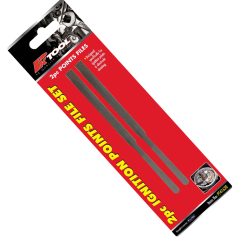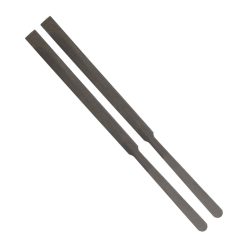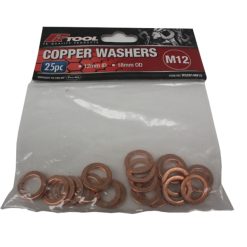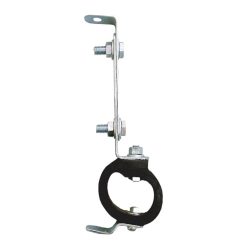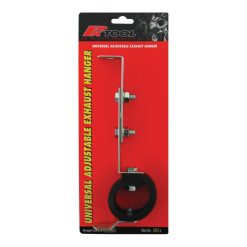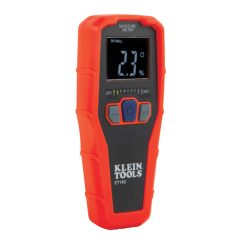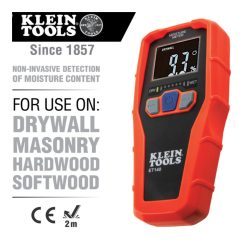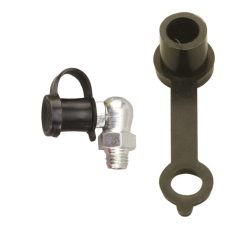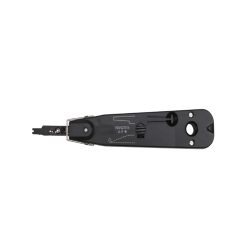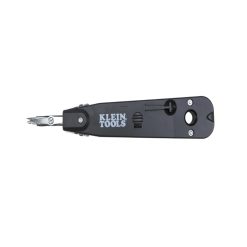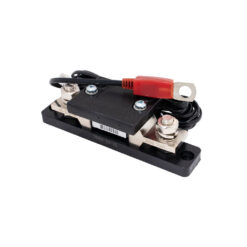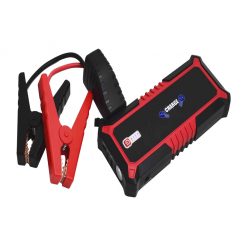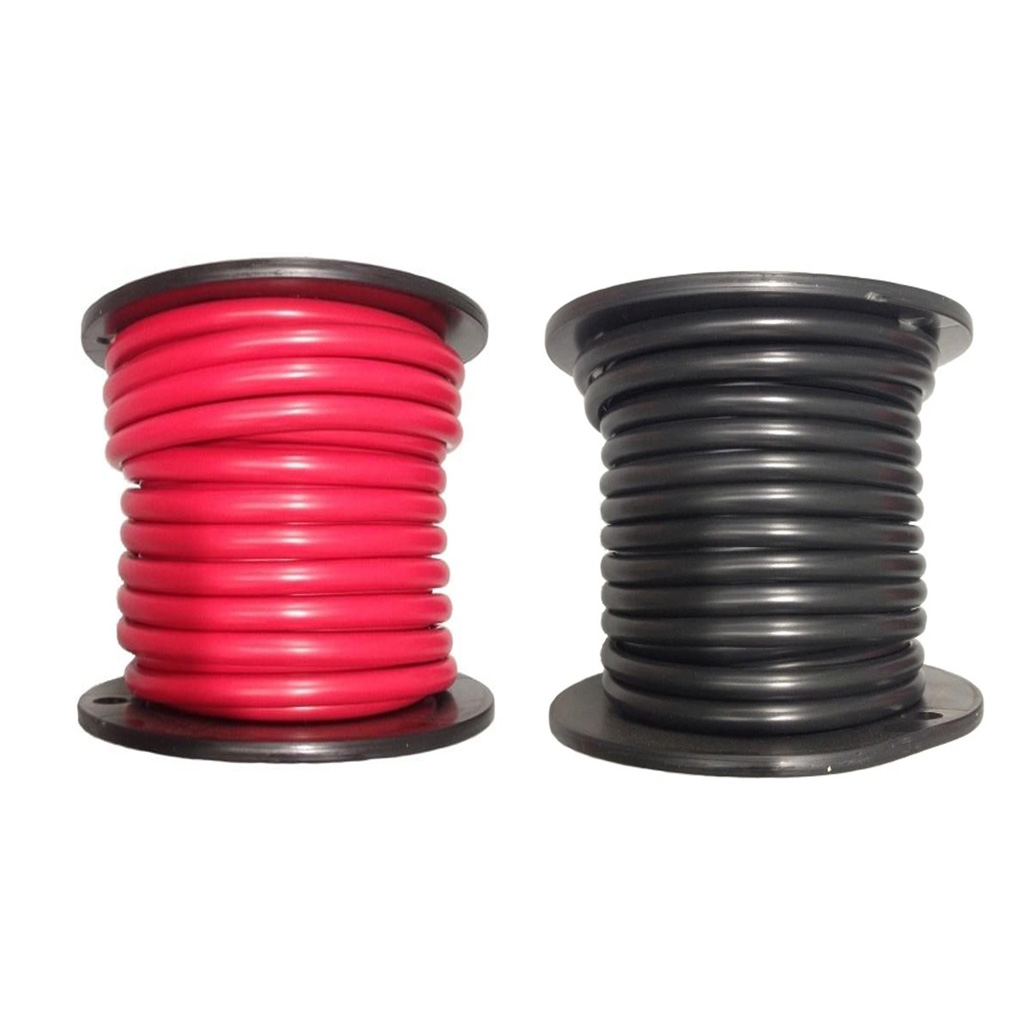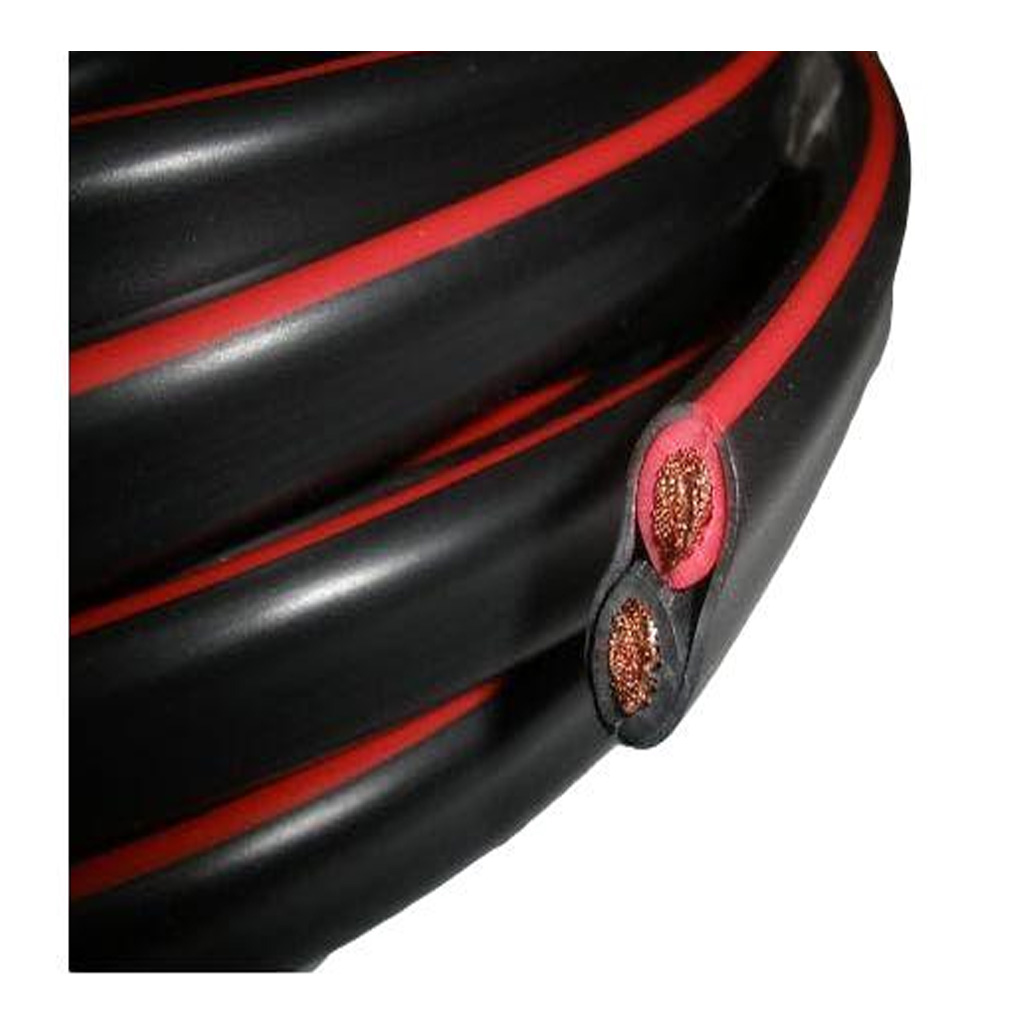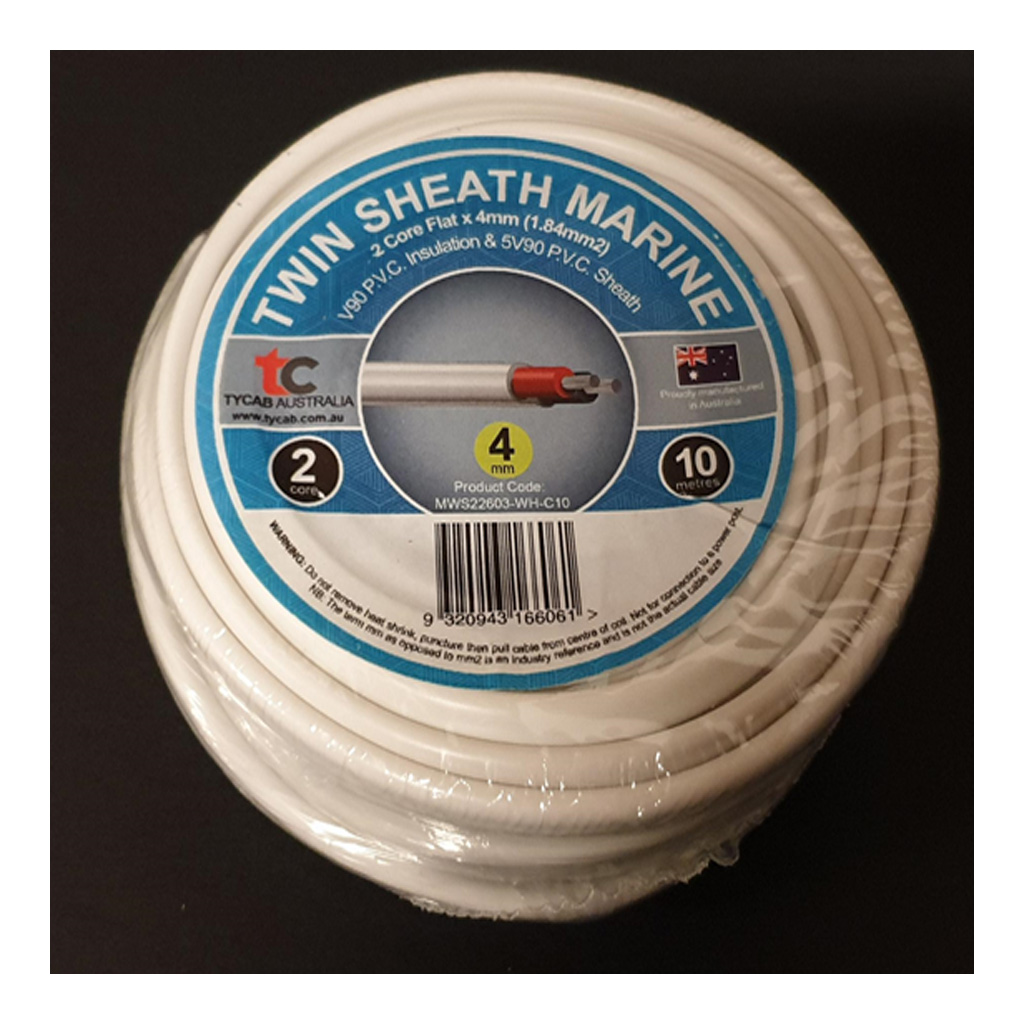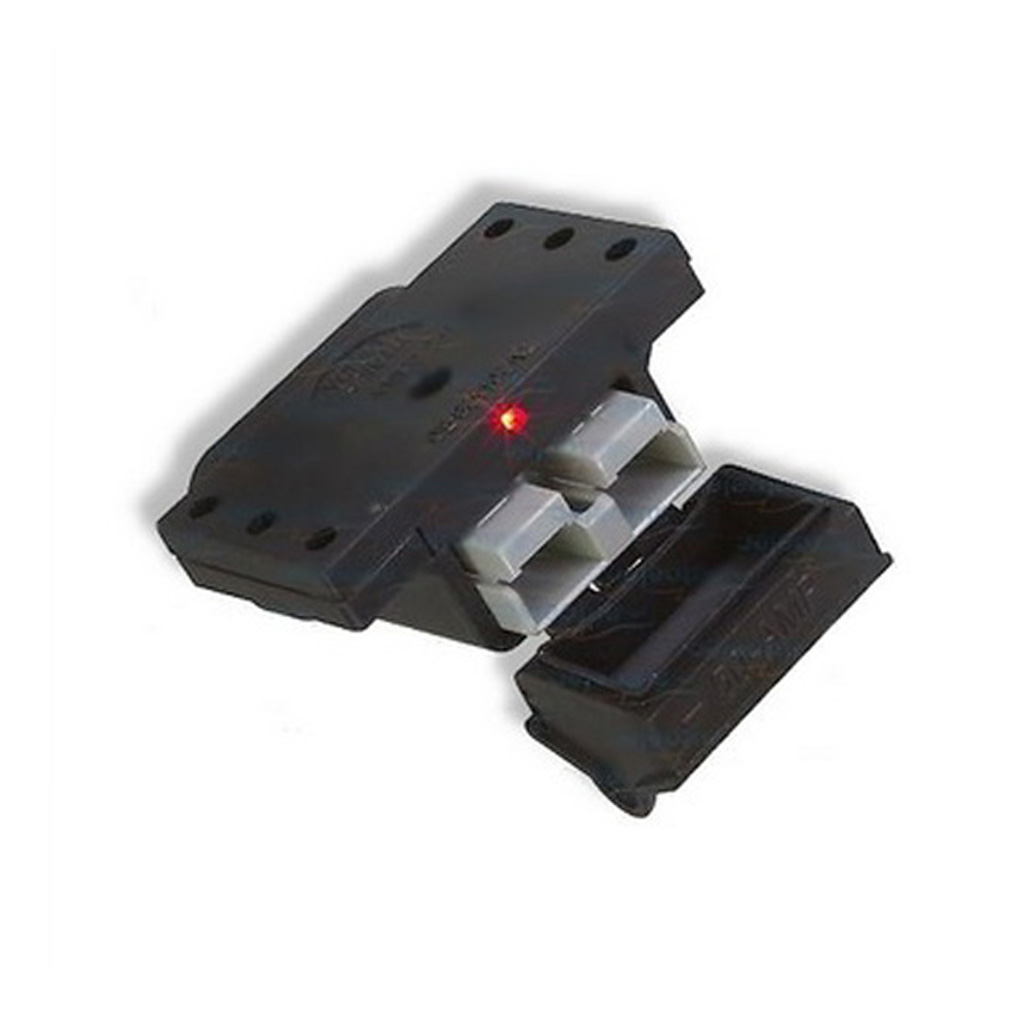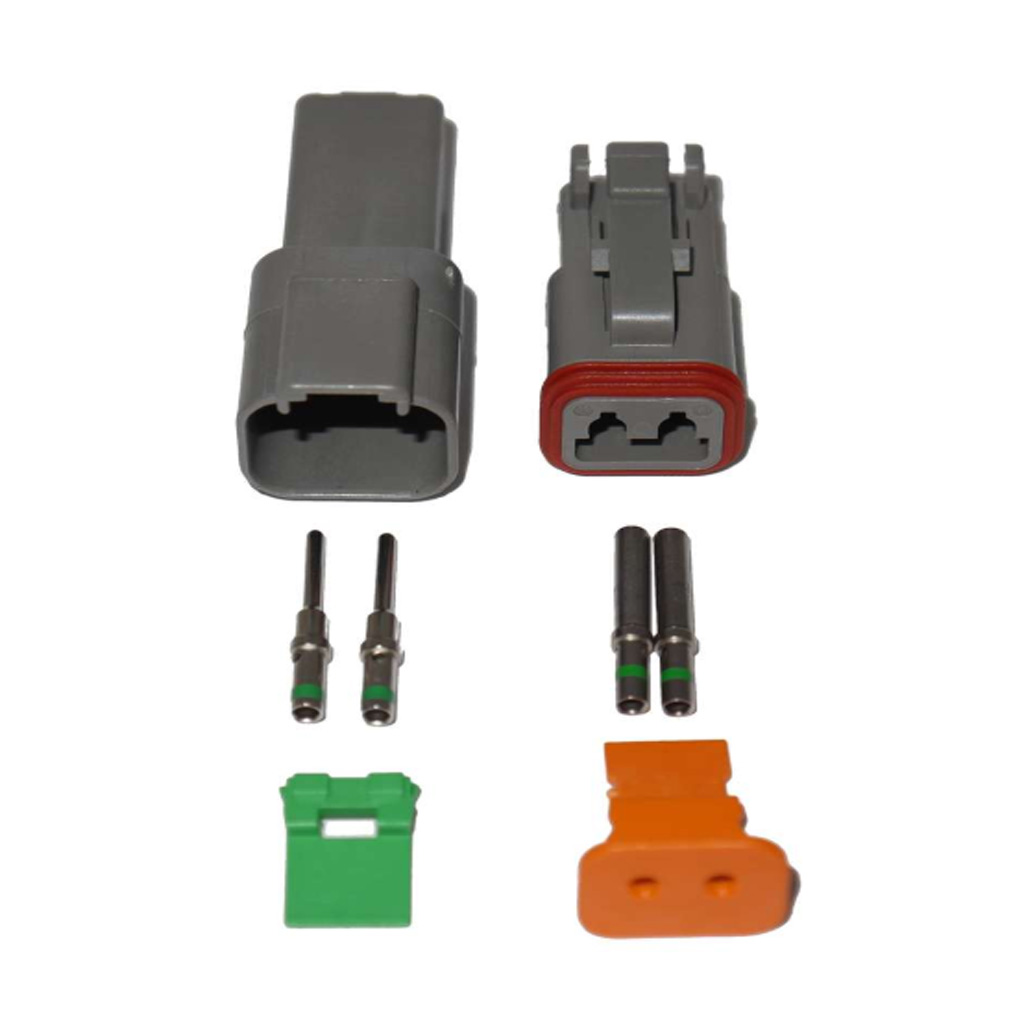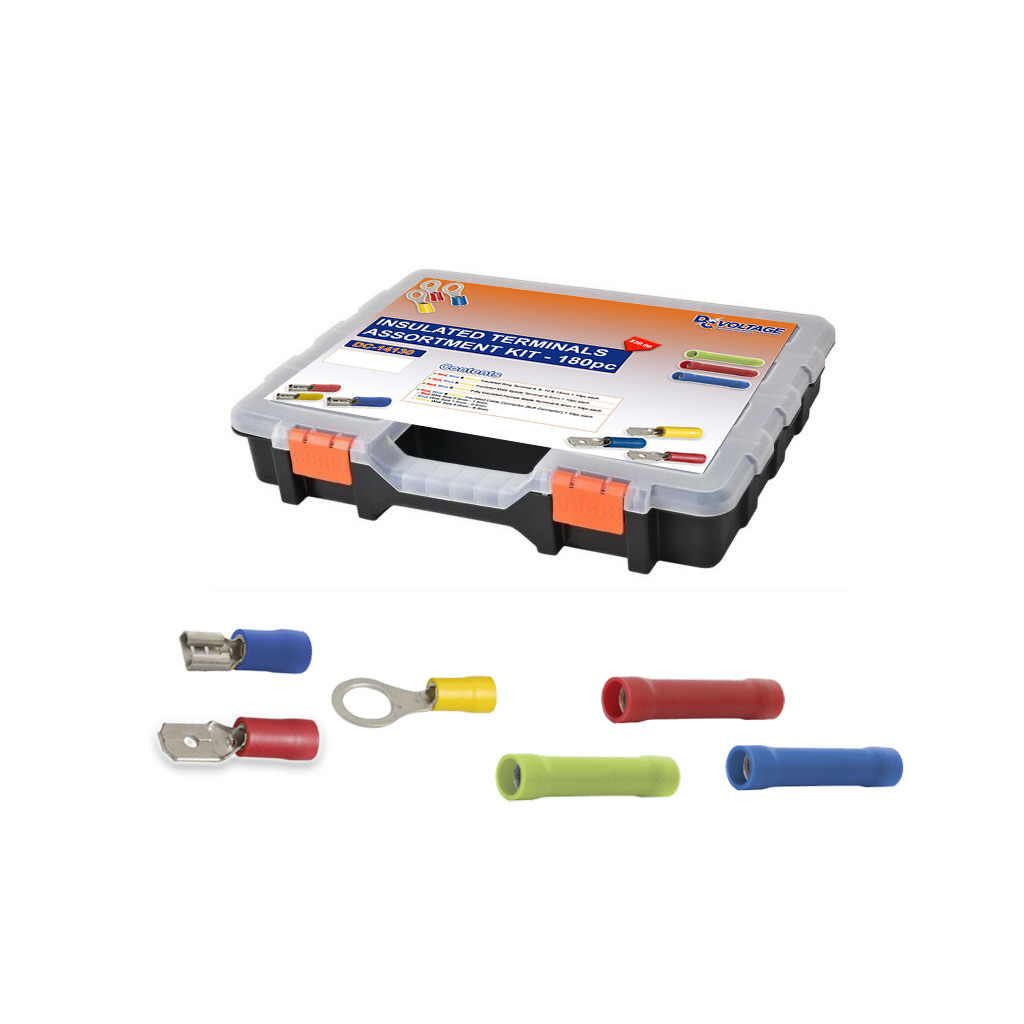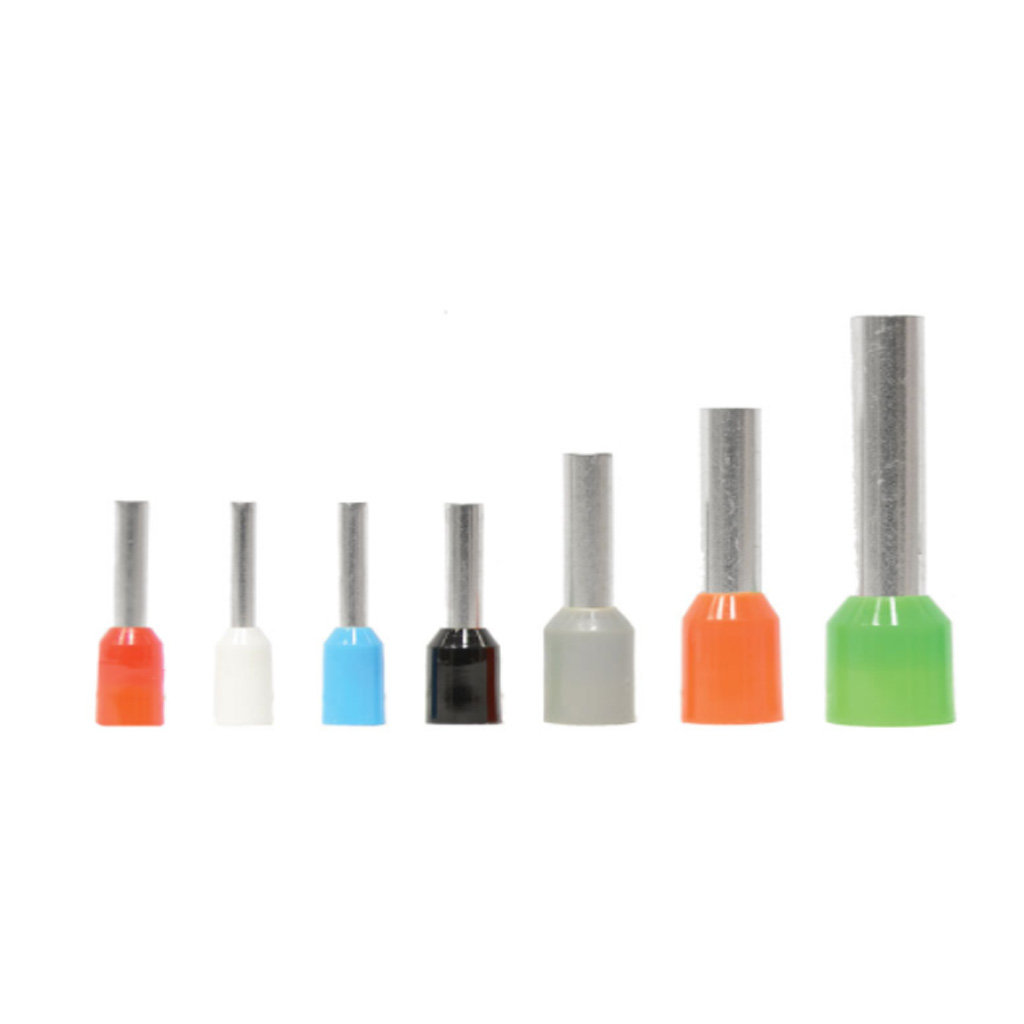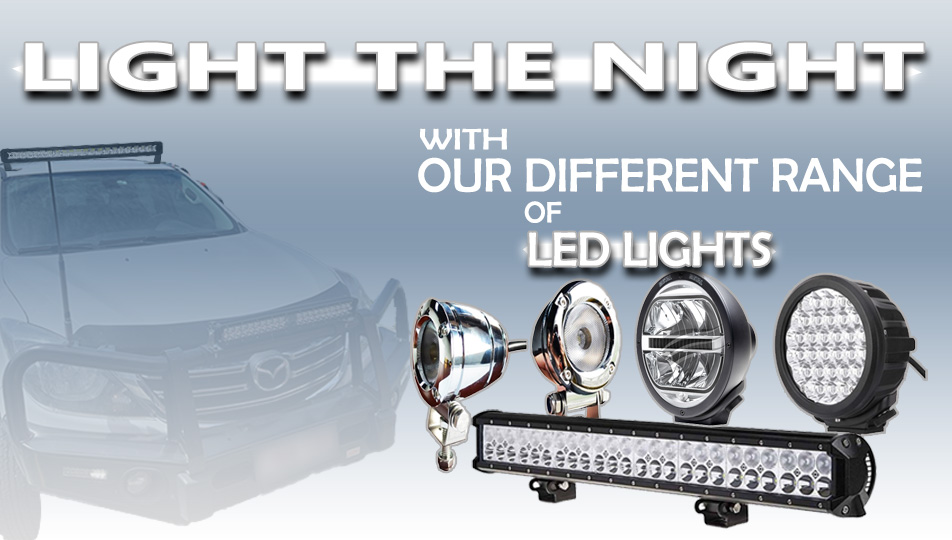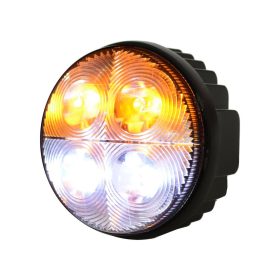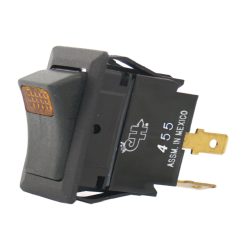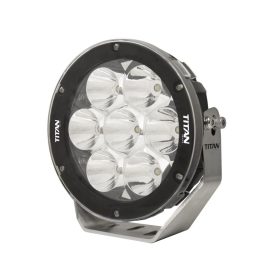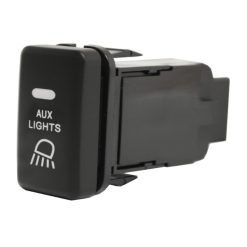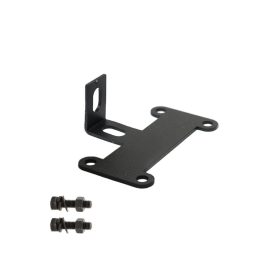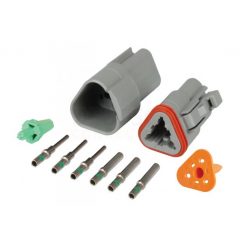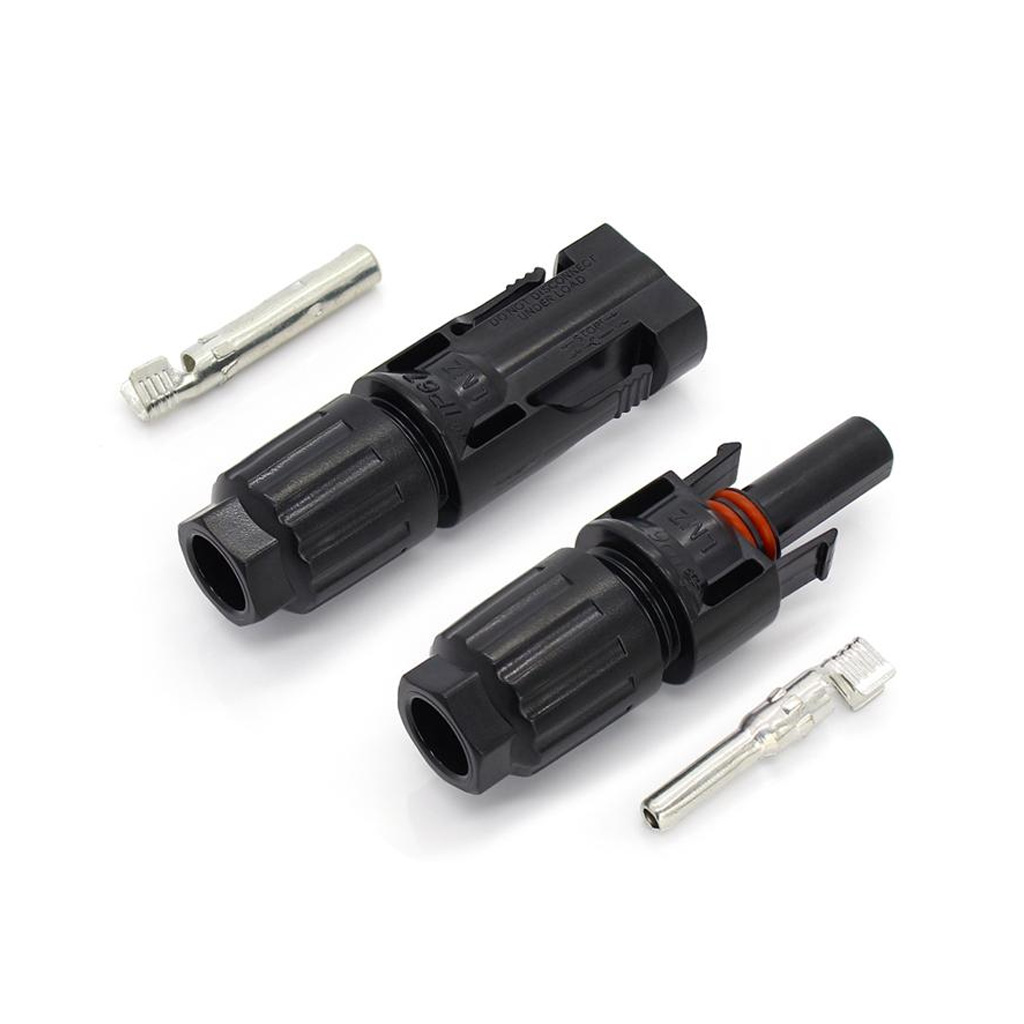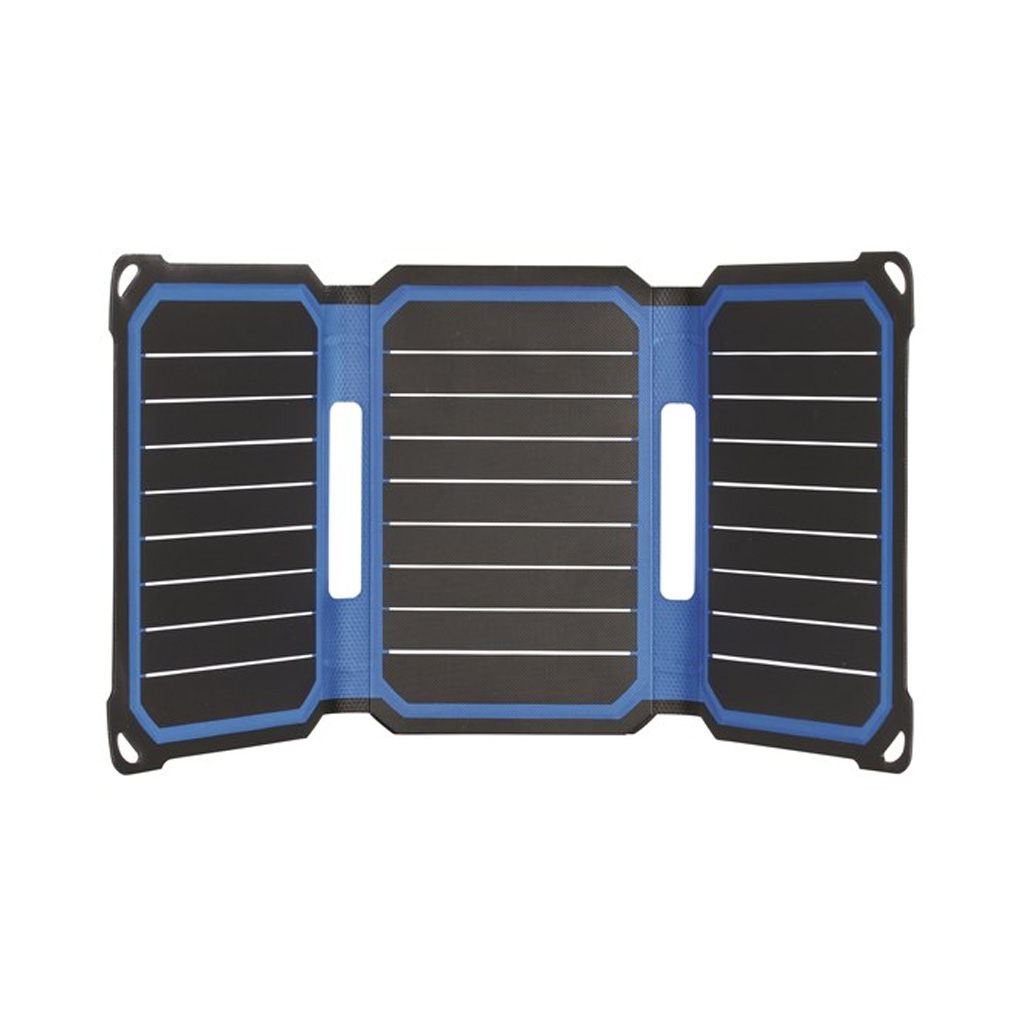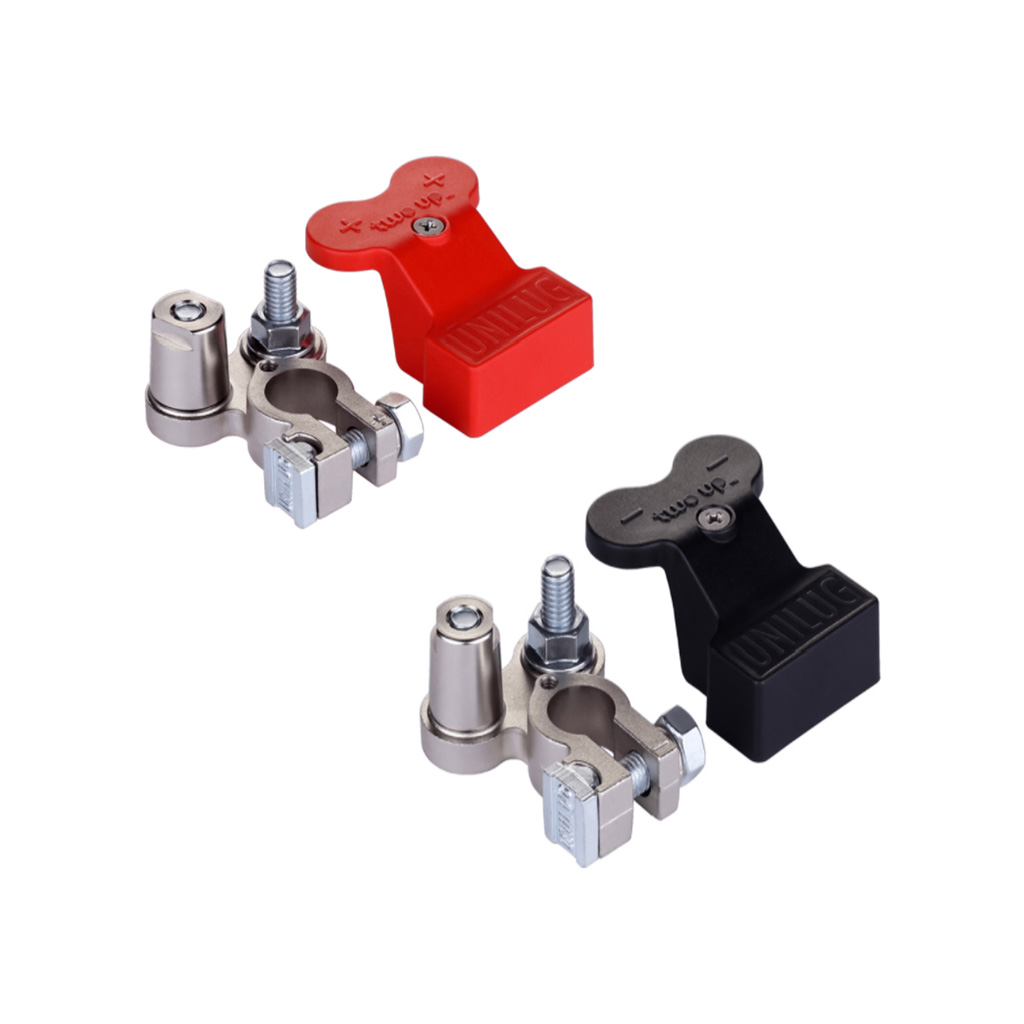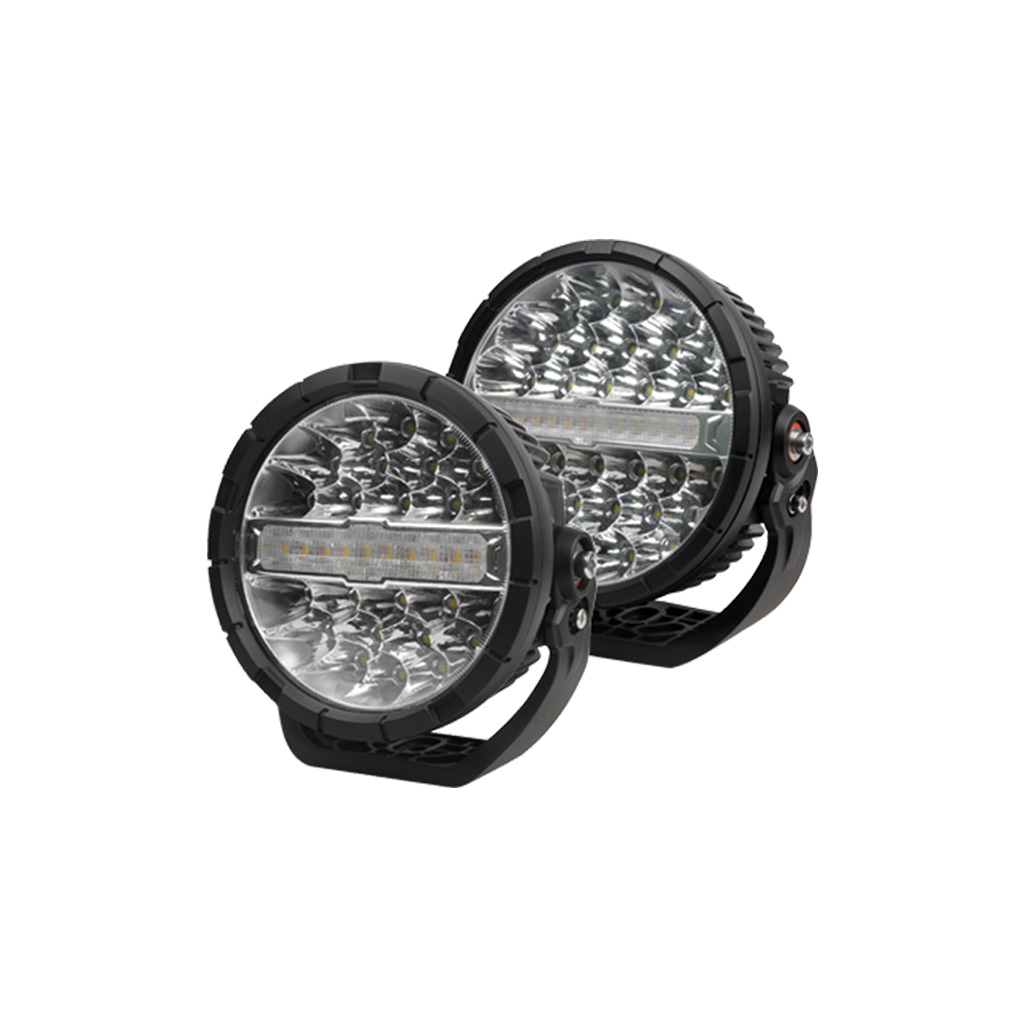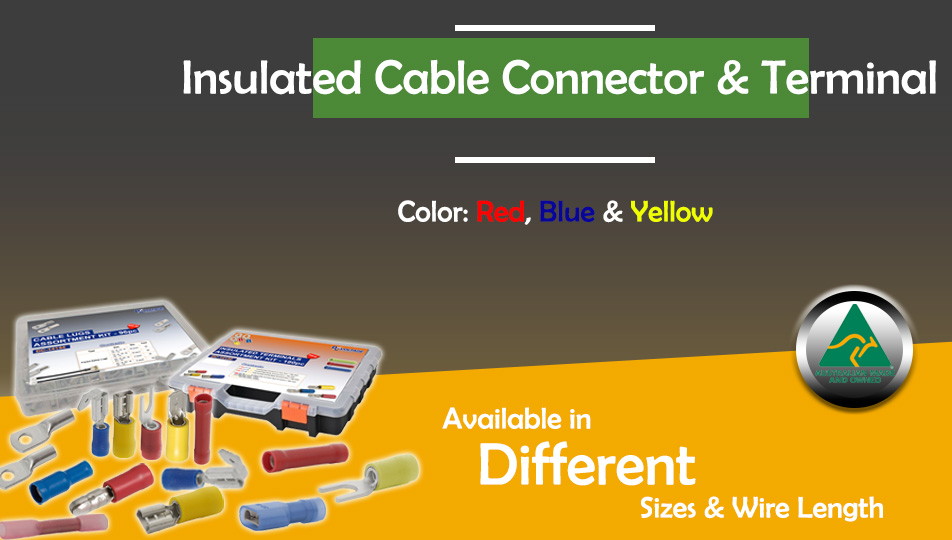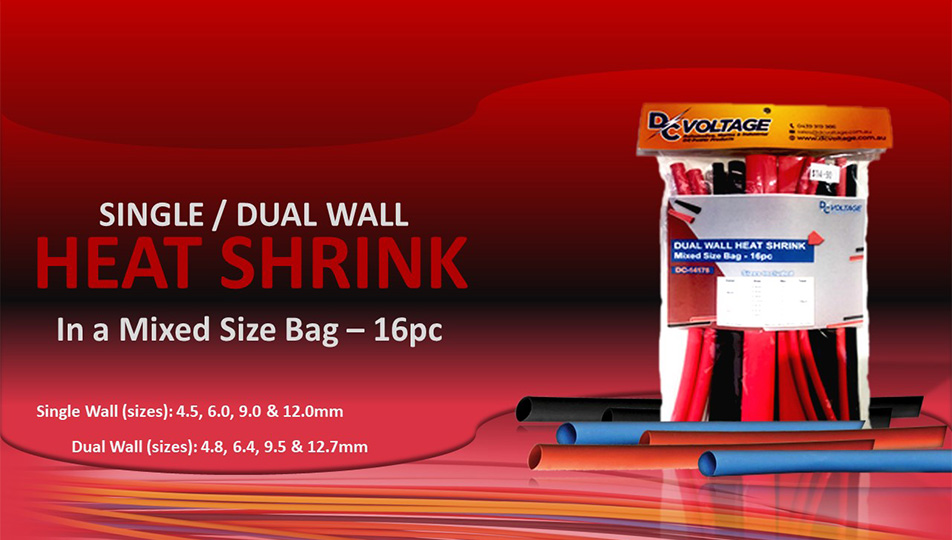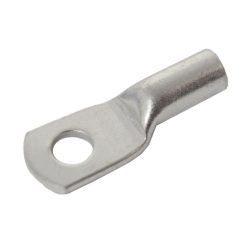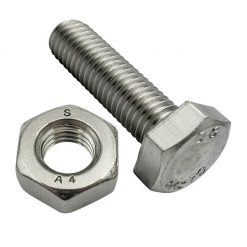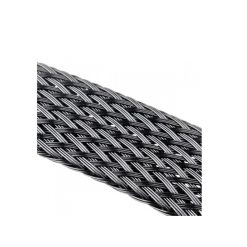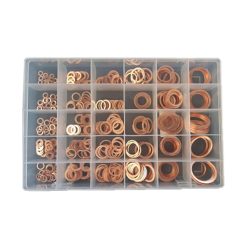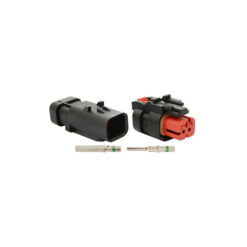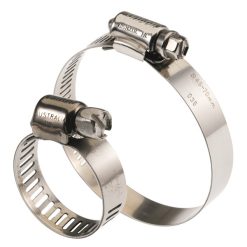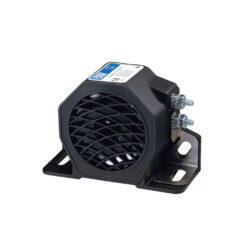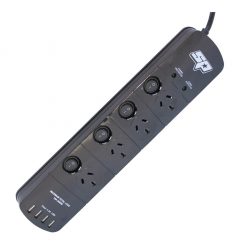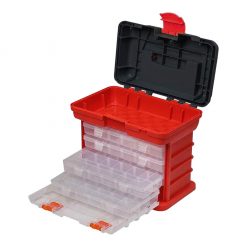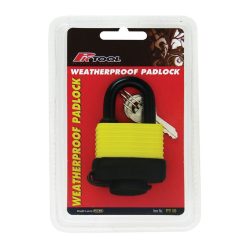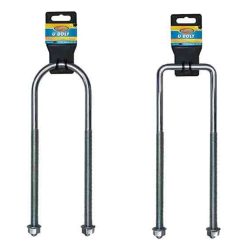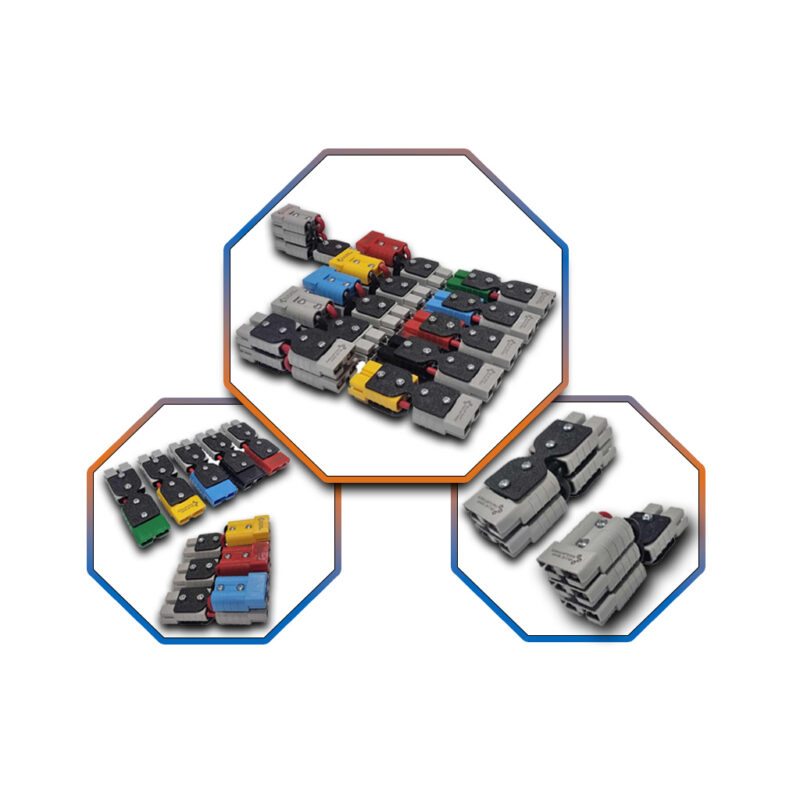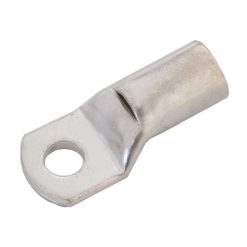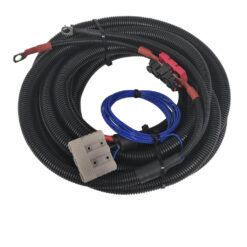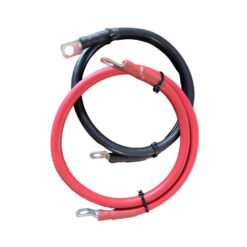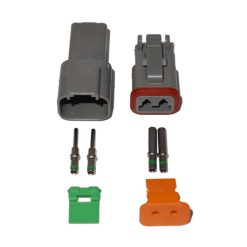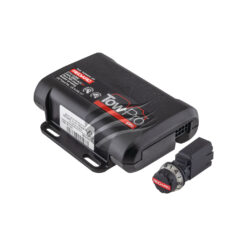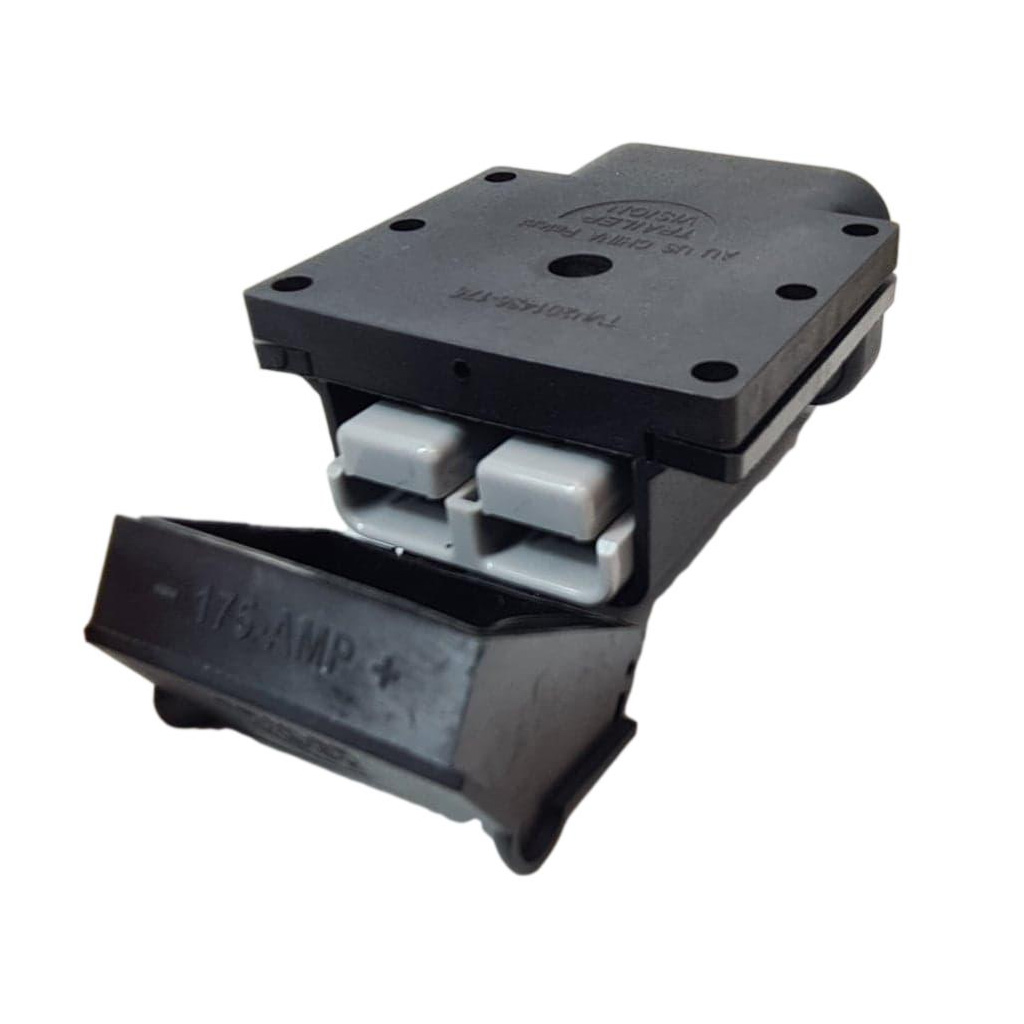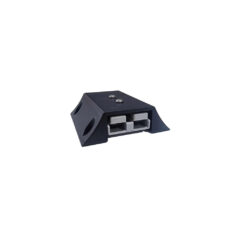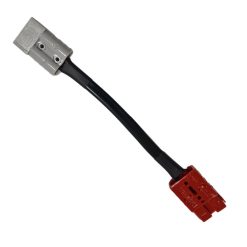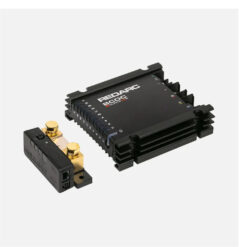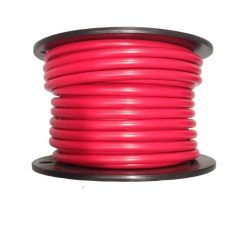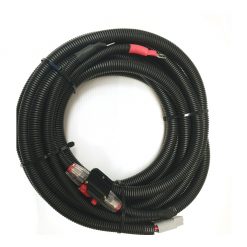General News
How Solar Roof Ventilators Can Improve Indoor Air Quality in Homes and Buildings?
As people spend more time indoors, the quality of indoor air has become a significant concern. Poor indoor air quality can lead to respiratory problems, allergies, and other health issues. Solar roof ventilators are a modern solution to improve indoor air quality in homes and buildings. In this article, we will discuss how these ventilators work and their benefits for indoor air quality.
What are Solar Roof Ventilators?
These are devices that regulate the temperature and humidity of a building by expelling hot and moist air and drawing in cooler and drier air. They are installed on the roof of a building and powered by solar energy, which makes them cost-effective and eco-friendly.
How Does This Device Work?
The Functioning of Solar Roof Ventilators
They work by utilizing the energy of the sun to power the fan, which expels hot and moist air from the building. The fan is connected to a motor that converts solar energy into electrical energy, which powers the fan. The hot air is then replaced by cooler and drier air that enters the building through windows and doors or other openings.
Advantages of Solar Roof Ventilators
These ventilators have several advantages over traditional ventilation systems. They are eco-friendly and cost-effective as they are powered by solar energy, which means no electricity costs. They also do not require any wiring or electrical connections, making them easy to install and maintain. They are also quiet and efficient and do not generate noise pollution.
The Benefits of Solar Roof Ventilators for Indoor Air Quality
They can improve indoor air quality in several ways. Some of the perks of these ventilators for indoor air quality are discussed below.
Reducing Indoor Temperature
This system can reduce the temperature of a building by expelling hot air and replacing it with cooler air. This can be particularly useful during summers when the temperature inside a building can become uncomfortably high.
Decreasing Humidity
They can also decrease the humidity levels in a building by expelling the moist air and replacing it with drier air. High humidity levels can lead to mold growth and cause respiratory problems, particularly for people with asthma and allergies.
Eliminating Odors
This device can eliminate unpleasant odors from a building by expelling the stale air and replacing it with fresh air. This can be particularly useful in areas such as bathrooms, kitchens, and storage rooms where odors can accumulate.
Removing Contaminants
These ventilators can also remove contaminants from the indoor air by expelling the polluted air and replacing it with clean air. Indoor air pollutants such as dust, allergens, and chemicals can cause respiratory problems and other health issues.
Factors to Consider When Choosing a Solar Roof Ventilator
When choosing a solar roof ventilator, it is essential to consider several factors, such as the size of the building, the climate, the location, and the type of roof. It is also important to consider the quality and warranty of the product and the installation process. Solar roof ventilators offer a cost-effective and eco-friendly solution to improve indoor air quality in homes and buildings. They work by utilizing solar energy to power the fan, which expels hot and moist air from the building and draws in cooler and drier air. They can help reduce indoor temperature, decrease humidity levels, eliminate odors, and remove contaminants from indoor air. When choosing a solar roof ventilator, it is important to consider factors such as the size of the building, climate, location, type of roof, product quality, warranty, and installation process.
Conclusion
In conclusion, solar roof ventilators are an excellent way to improve indoor air quality while being cost-effective and eco-friendly. By regulating temperature and humidity and eliminating pollutants and unpleasant odors, they provide a healthier and more comfortable indoor environment. With their many benefits, it’s no wonder that these devices are becoming an increasingly popular choice for homeowners and building owners alike.


